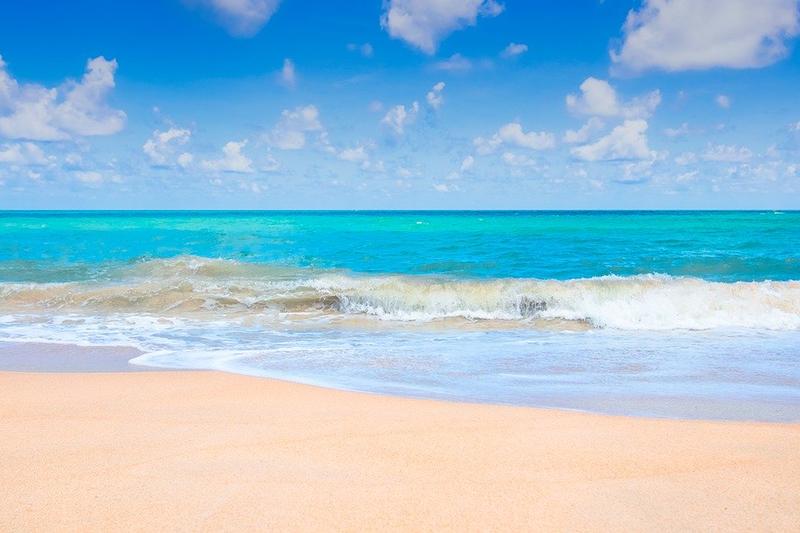Can a Water Heater Pass Heat Back Into Cold Water Feed

Land heats and cools faster than water for many different reasons. But one of the main reasons is the difference in molecular composition between land and water. Because of the movements of the molecules, it takes much longer for water to heat up or cool down. However, this is the simple answer, and there are more contributing factors. Read on to learn why water takes much longer to heat or cool, and also how this can affect weather patterns.
Water and Heat Conduction
Overall, water is a poor conductor of heat. When speaking about molecular composition, in part, this is what is meant. It takes much longer for water to conduct heat than it does land. Its molecules need to gain much
more energy in order to heat up. Water also has a higher capacity for heat than land does. This is what is called "specific heat." Because of this, the solar power given off by the sun takes a much longer time to take effect — and water can get much hotter than regular landforms.
H ow Is Sand Warm and Ocean Water Cold?
The beach is a perfect example of how much more quickly land heats up than water. During the summer, sand can become so molten hot it's almost unbearable to walk on it, but ocean temperatures can still be icy cold. Land is a quick conductor of heat and energy, and therefore, land heats much faster. On the other hand, land loses its heat much faster. You can also look at the beach in the winter to see that there may be snow and ice on the beach, but of course, the ocean is not frozen.
M ore on Heating and Cooling
Land temperatures can easily vary by dozens of degrees during the day. An typical day during the spring or fall may have a low of 50 degrees Fahrenheit in the morning and a high of 80 in the afternoon. These air temperatures are not dissimilar from heating and cooling of land. However, during the day, water forms may only change in degree by a half degree, except for perhaps during the dog days of summer. Because of water's specific heat, water temperatures do not drop drastically at night but stay marginally the same, while land and air temperatures drop significantly during all seasons.
W hy Are Coastal Areas Cooler?
You may notice that in the summer, inland temperatures may be scorching hot, while coastal areas remain cooler. This is directly caused by the ocean. Because water heats and cools more slowly and oceans only change by small amounts throughout the day or season, coastal areas remain cooler. In fact, heating and cooling differences between land and water affect the climate everywhere on earth.
Land and Water Are Affected by Color
The heating differences between land and water are affected by
other reasons beyond water's molecular composition and specific heat. Color also matters. Darker materials have a tendency to absorb more radiation (sun energy), and this, in turn, can make land masses hotter. As water is lighter in color than land as it is clear, it absorbs much less of the sun's rays.
L and and Water Are Also Affected by Texture
Texture also has a lot to do with the differences in heating and cooling of land and water. Rough, dry materials absorb more heat. When we talk about land, it's not just the landforms themselves. Cities make up quite a big part of the earth, and they are often mainly composed of asphalt and concrete, which both absorb more radiation. You can test this out by walking on a hot sidewalk and then walking in the grass beside it.
MORE FROM REFERENCE.COM
Can a Water Heater Pass Heat Back Into Cold Water Feed
Source: https://www.reference.com/science/land-heat-cool-faster-water-f50e45b0f7cc417b?utm_content=params%3Ao%3D740005%26ad%3DdirN%26qo%3DserpIndex
0 Response to "Can a Water Heater Pass Heat Back Into Cold Water Feed"
Publicar un comentario